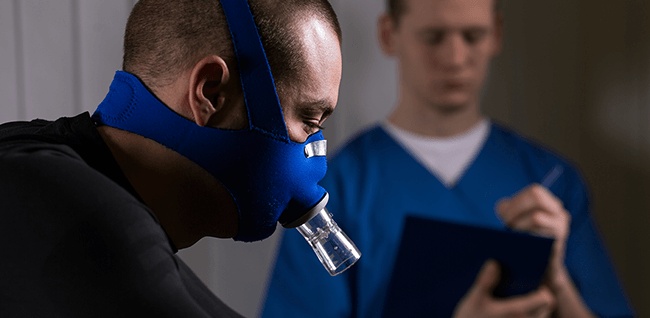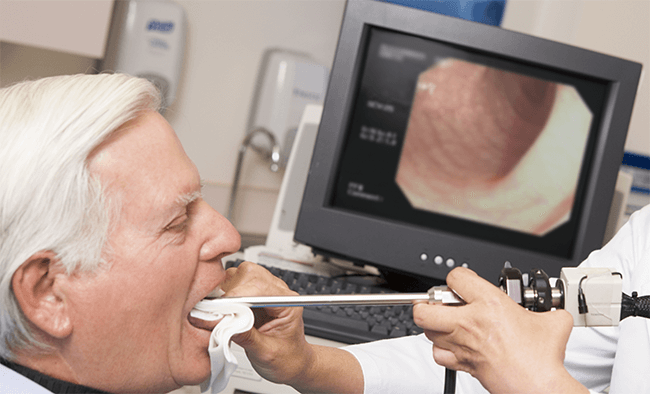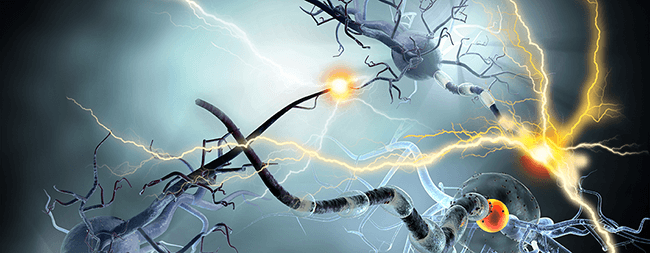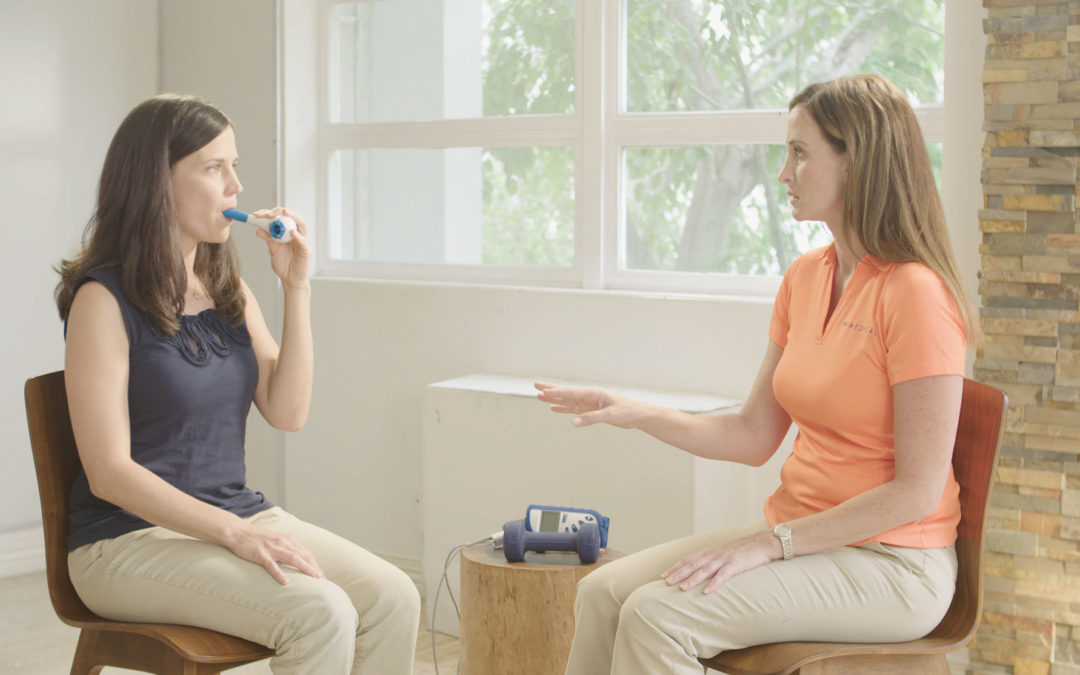Postoperative pulmonary complications (PPC), including pneumonia, have not improved much despite advances in perioperative care and medical...


Postoperative pulmonary complications (PPC), including pneumonia, have not improved much despite advances in perioperative care and medical...

Postoperative pulmonary complications (PPCs) caused by injury are the leading cause of sickness and death after major cardiac or abdominal surgery....

Two of the most common issues that stroke patients experience are respiratory muscle weakness and impaired cough ability. Due to stroke-associated...

It’s no surprise that heart failure is a major health issue that has significant physical as well as financial implications. What you might not...

Today we’re going to talk about dysphagia and how it affects patient outcomes, both physically and economically. This is an important issue that...

Chronic obstructive pulmonary disease (COPD) is an issue that affects millions of individuals worldwide. It’s a chronic disease that causes...

When it comes to living a healthy life, not much is as important as having a clear and strong airway. When disorders develop that threaten that...

Exercise induced paradoxical vocal fold motion (PVFM) leads to acute dyspnea during exertion. This means that individuals who experience PVFM tend...

Multiple Sclerosis is a demyelinating disease of the central nervous system that often causes respiratory dysfunctions. Patients with severe stages...

Multiple sclerosis (MS) leads to peripheral and respiratory muscle weakness and fatigue. This includes both inspiratory and expiratory muscles –...